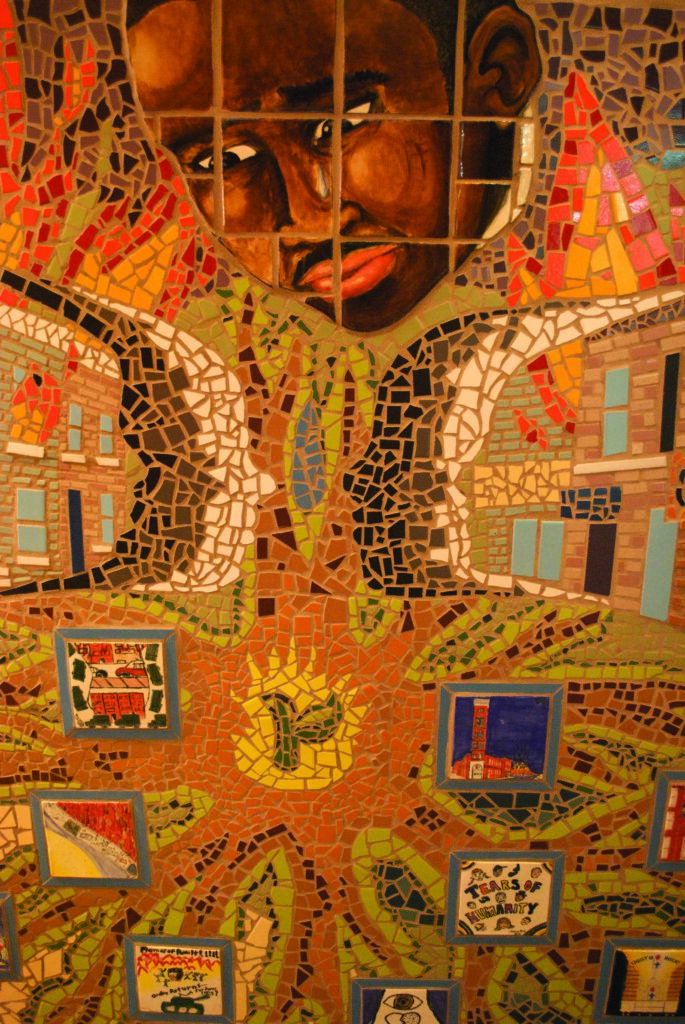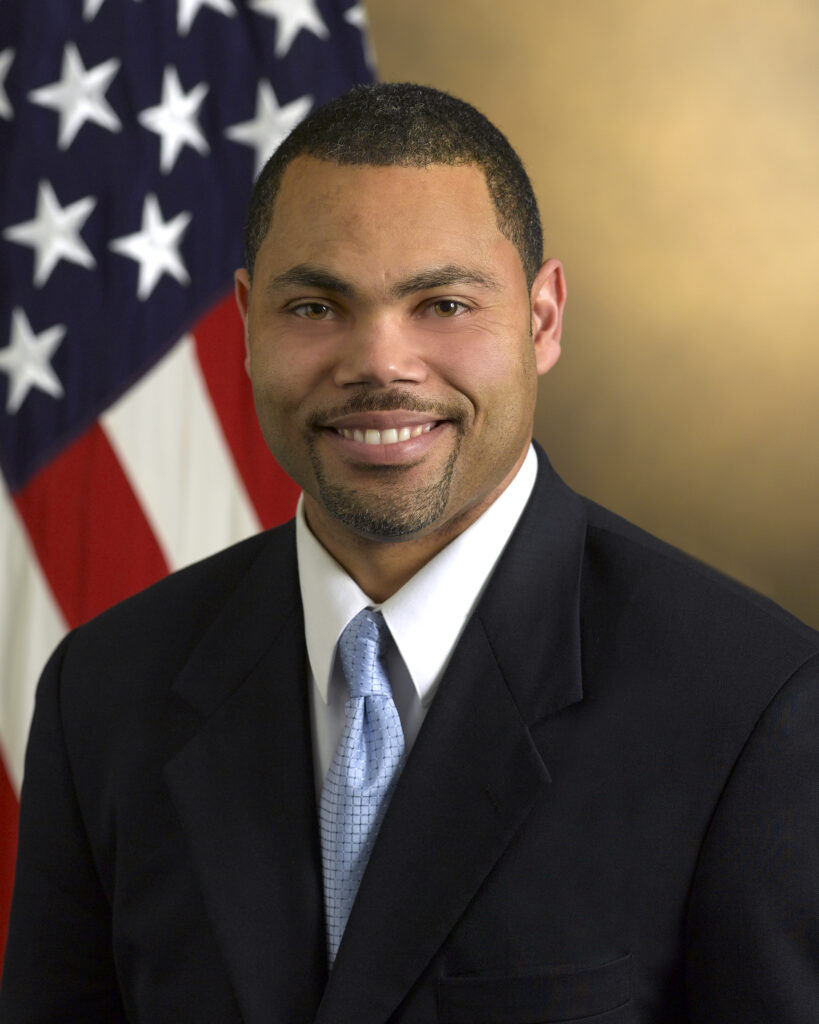Many theatre companies are born out of a mixture of inspiration and frustration. Take The Venus Theatre in Laurel, for instance.
When its founder, Deborah Randall ’94, theatre, graduated from UMBC, she pursued a career as a playwright and a performer in Washington, D.C. Like many recent graduates, Randall had a desire to succeed in a challenging profession. But she also found some of the roles she played and the theatrical atmosphere that surrounded her to be stifling her creativity. She craved a theatre that valued women and living playwrights.
Randall recalls UMBC theatre professor Wendy Salkind’s advice to her. “Every time I would gripe to her,” Randall recalls, “she’d say: If it doesn’t exist, create it. That was her mantra to me.”
The theatre company that Randall founded in 2001 is dedicated to filling what she sees as a gap in the Baltimore-Washington region, presenting shows with a decidedly female perspective and recent work by contemporary playwrights.
The company is in the middle of its current season, which features new plays that include a fresh look at the experience of women characters in Shakespeare and a contemporary retelling of Medea set in Los Angeles. The series concludes this coming fall with a new World War II memory play called Why’d You Make Me Wear This, Joe? by acclaimed writer Vanda and a comedic look at a very difficult Helen of Troy in a new play called Helen of Sparta.
Randall says that the emphasis on new work – especially by women playwrights – is important to her. A steady cultural diet of reality television and revisiting the classical repertoire, she observes, has meant that “there are so many writers who are not getting an opportunity.”
Finding and nurturing new work, she says, “is part of the life of the theatre…. Finding the pulse in a new work is kind of what I wake up in the morning to do.”
Creating what ultimately became Venus Theatre took time, however. Randall started small, crafting one-woman shows for herself that played in various venues in Washington, D.C. She also started a reading series for women writers and tried her hand at children’s theatre before settling on more adult fare.
After a series of misadventures and mishaps, including one show that had its last week in a D.C. theater interrupted by a street explosion that rendered the space unusable, Randall decided that she needed to find a more permanent home.
The constant scrapping and hustling for space to rent “was not cute anymore,” says Randall, especially after the street explosion. After a long search, she finally settled on a storefront space just off Laurel’s Main Street, which she dubbed “The Venus Theatre Play Shack.” She and a dedicated crew of volunteers transformed the place into a black box theater that’s become a new home base for the company, perched halfway between Washington and Baltimore and drawing from both cities and the surrounding community.
Randall recalls her time at UMBC fondly. “I was a nontraditional student,” she says. “So I was a few years older than everyone else. I had been to community college, worked for three years, sown some wild oats…. I wanted to squeeze everything I could out of the experience.”
Along with Salkind, she counts professors Xerxes Mehta and Alan Kreizenbeck as influences on her current career path. Randall also recalls that her roles in a production of Peter Weiss’ Marat/Sade (directed by Mehta) and in Cinders – a play by Polish playwright Janusz Glowack, directed by Kreizenbeck – were particularly memorable.
Though Randall still writes plays (one of her works, Molly Daughter, is included in Anthracite! An Anthology of Pennsylvania Coal Region Plays, which was published by the University of Scranton Press), she says that she “has ended up more of a producer and a director than a writer and actor anymore.” Running a theatre company also involves a lot of logistics and fundraising.
But Randall’s commitment to helping produce new works by playwrights – especially women playwrights – remains a primary challenge that she’s happy to take on. With the classics, she observes, “all the kinks have been worked out in a way.” New work, she says, is where the sizzle and satisfaction is.
“If it has been done too often,” she says, “it doesn’t interest me.”
For more information about Venus Playhouse, visit http://www.venustheatre.org/.
Tags: Fall 2009



